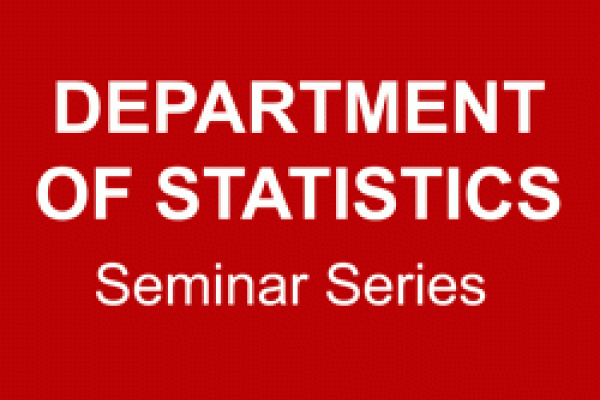
Dong Xie, The Ohio State University
Interviewers' Anxiety and Its Relationship to Shift Productivity and Perceived Self-Efficacies
Our study investigated telephone interviewers' anxiety and its relationship with shift productivity and their perceived self-efficacies in various domains of occupational behaviors and social interactional tasks. Participants were 30 telephone interviewers currently working in the Center for Survey Research (CSR) at the Ohio State University. A well-established measure of anxiety (STAI) was administered three times (pre-shift, mid-shift, end-shift) during a four-hour regular telephone interview shift. Interviewers also filled out the Skill Confidence Inventory (SCI) and the Perceived Social Self-Efficacy (PSSE) that measures their confidence in performing various occupational activities and social interactional tasks. Results indicated a significant relationship between interviewer anxiety and productivity indices and a significant relationship between anxiety and perceived social self-efficacy and self-efficacy in performing enterprising types of activities. Scatter plot analyses suggest an interaction effect between number of refusals and self-efficacy on interviewer anxiety. These results are discussed in terms of the limitation of the present study (i.e. small sample size) and its implication for future research. Implications for supervision and interviewer training are also discussed.
Timothy Hill, Department of Political Science, The Ohio State University
American Jewish Liberalism: The Role of Social Cohesion
While American Jews are among the highest-paid ethnic groups in the country, they continue to vote for Democrats at rates exceeded only by African-Americans. This discrepancy requires some explanation, as it appears to be counter to their group interest.
Since the Holocaust, American Jews have perceived a need to present a cohesive image to the world to indicate their value to society. Since that time, however, many have left the synagogues and lived life as "culturally Jewish" without formally practicing the faith. This deprives many American Jews with much chance to express their Jewish identity to the world. I posited that the rich tradition social justice enjoys in Jewish culture fills this void; by voicing concerns for social justice issues, and especially by affiliating with the Democratic party, they can present a cohesive image of "what it means to be Jewish" to the world. To test this hypothesis, I examined questions from a survey of Jews in the Columbus area. The results were largely null; I will conclude by speculating as to why this was the case.
